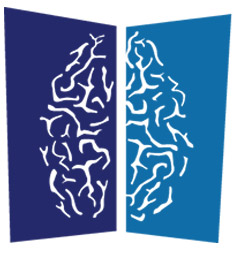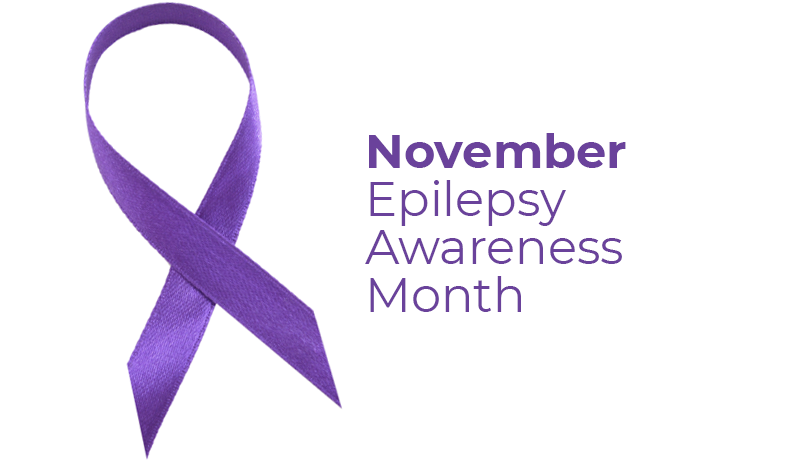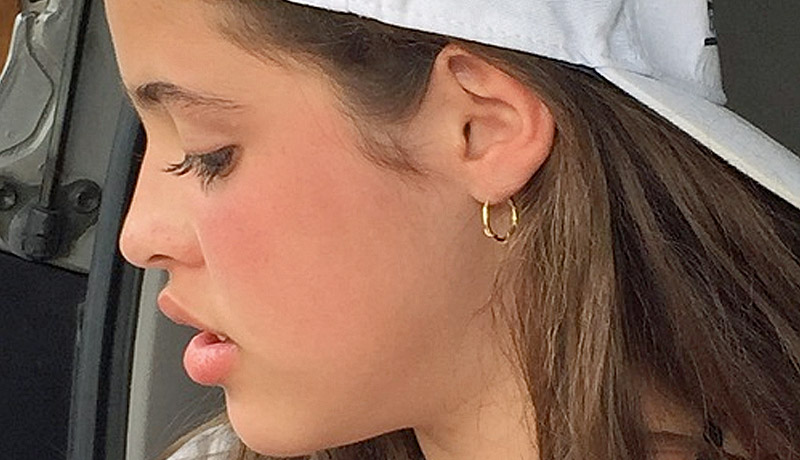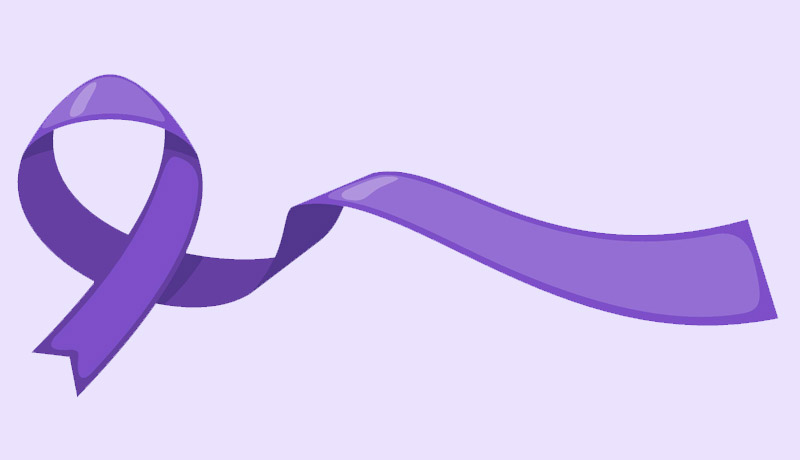Certain types of epilepsy surgery may lead to significant improvements in children’s mood and behavioral problems. This was according to an abstract of a study presented at the Annual Meeting of the American Epilepsy Society held in Washington in December 2013.
According to the researcher from the Cleveland Clinic’s Neurological Institute, children undergoing left-sided resections were more likely to show improvements in neuropsychiatric symptoms if the focus area of surgery was in the frontal rather than the temporal lobe, while those having right-sided surgeries had improvements, regardless of the surgery site.
Generally, children who have epilepsy report a high level of neuropsychiatric issues. Previous studies have found a nearly five-fold increase in risk of such disorders in these children compared with the general population, and a 2.5-fold risk increase relative to children with other chronic diseases.
The study was based on a combination of child self-reports and parental assessments using standard instruments, administered before and after 100 surgeries in pediatric epilepsy patients. Of 54 left hemisphere resections, 38 were in the temporal lobe and 16 in the frontal lobe; of 46 right-sided surgeries, 26 were in the temporal lobe and 20 in the frontal.
Depression was significantly relieved after surgery when researchers analyzed the entire 100-patient cohort. Among the 25 patients rated as depressed prior to surgery, 64% were no longer depressed at follow-up. Similarly, anxiety resolved in 60% of children with pre-surgical symptoms.
At patients’ neuropsychological evaluation after surgery, 83% were seizure-free. At last follow-up an average of 5 years after surgery, 57% of the subjects still had not had a recurrence of seizures. Patients were from 5 to 16 years of age (mean 11) at surgery, with mean duration of epilepsy symptoms of 5.3 years (SD 3.6).

ANA is a team of expert neurosurgeons and medical professionals, who combine their decades of knowledge to provide information, events, and articles on a range of neurological conditions.



